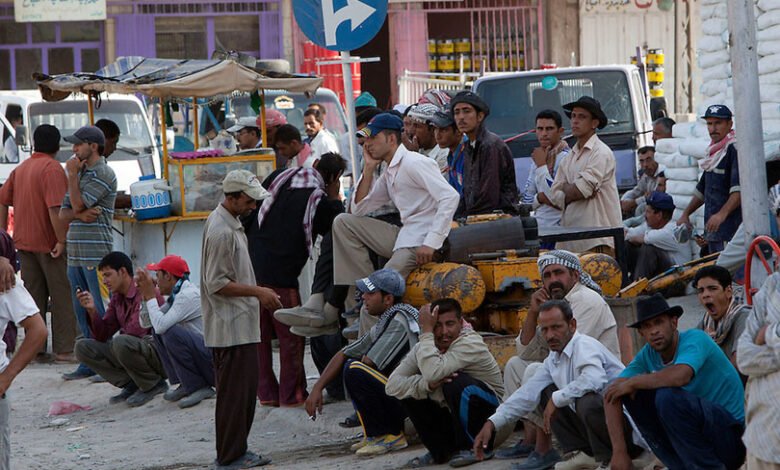Across Iraq, tens of thousands of people rely on waste collection to survive. This growing group, often made up of women and young people, now forms the backbone of an unseen economy. Many Iraqis consider waste picking in Iraq their last chance to earn a living.
Manar Al-Obaidi, head of the Iraq Future Foundation, highlighted this expanding activity. He said waste picking no longer happens at random. Instead, it operates through organized routes in cities and towns. With few formal jobs and little training available, many Iraqis now turn to waste picking.
This informal profession remains overlooked by government agencies. Still, it plays a key role in Iraq’s recycling economy. Workers collect materials like aluminum, paper, iron, and wood. These are then sold to countries such as Turkiye, Iran, the UAE, China, and Saudi Arabia.
Each category of recyclable material creates new job chains. Al-Obaidi explained that these chains can produce at least 20,000 direct and indirect jobs. For this reason, waste picking in Iraq has quietly become one of the largest informal job sources in the country.
Meanwhile, Iraq continues to face economic pressure. The population grows quickly, but job creation stays slow. Forecasts show that unemployment affects over 18% of the workforce. Iraq’s labor force numbers over 12 million, while nearly 47 million people live in the country.
Without access to education or skills, many people enter the informal economy. Al-Obaidi noted that this trend is intensifying. As more people join, competition increases. But organized groups sometimes control this sector, dividing territory by material type. Some of these groups also charge illegal fees to workers.
Al-Obaidi described this as a shadow economy. It lacks regulation and fairness. Even though Iraq’s industries now depend more on recycled materials, the state still has no system to monitor this trade. He raised concerns about lost economic value. Iraq exports these materials instead of reprocessing them to build local industries.
He urged the government to act. Waste pickers do not need heavy rules, but they do need recognition. For thousands, this work remains their only option. Al-Obaidi called them “forgotten citizens,” locked out of training, education, and formal employment. Still, they keep collecting what others throw away.
Waste picking in Iraq reflects both survival and neglect. It shows how people adapt in a system that offers them little in return.


